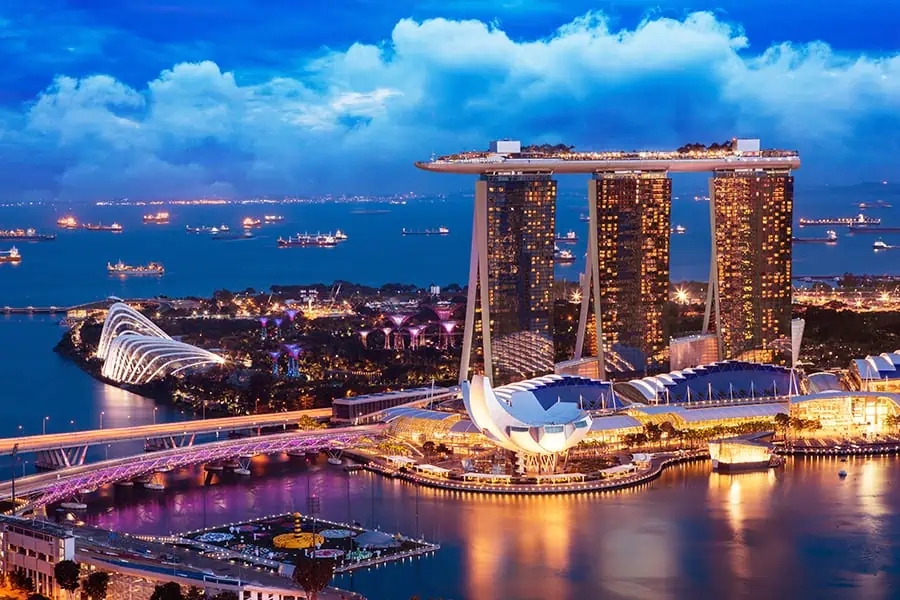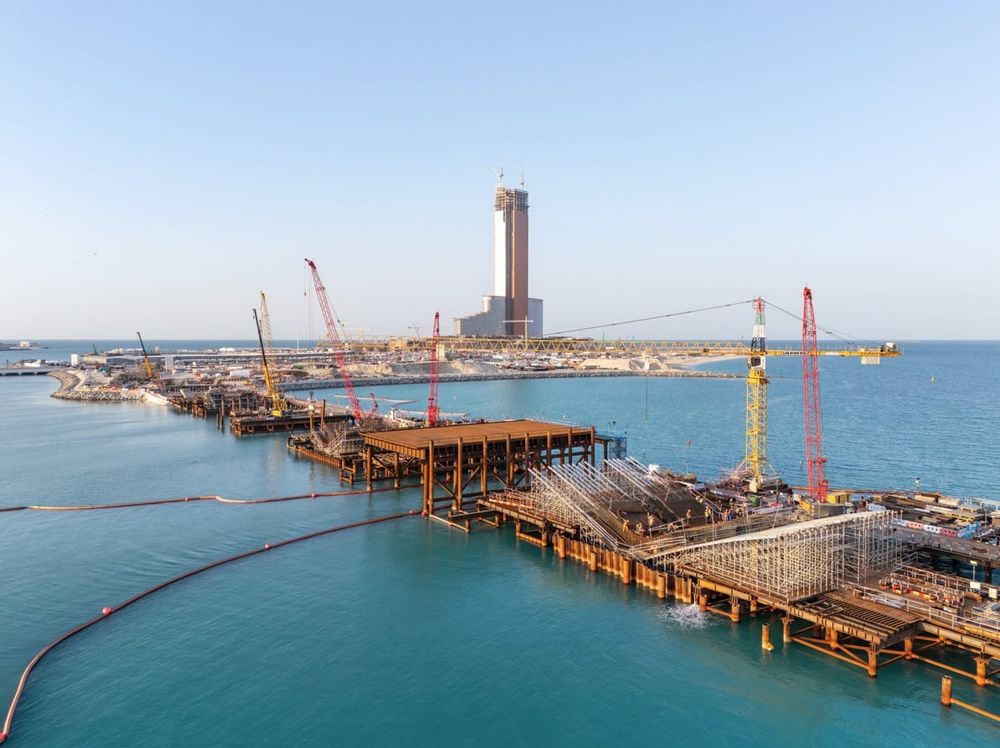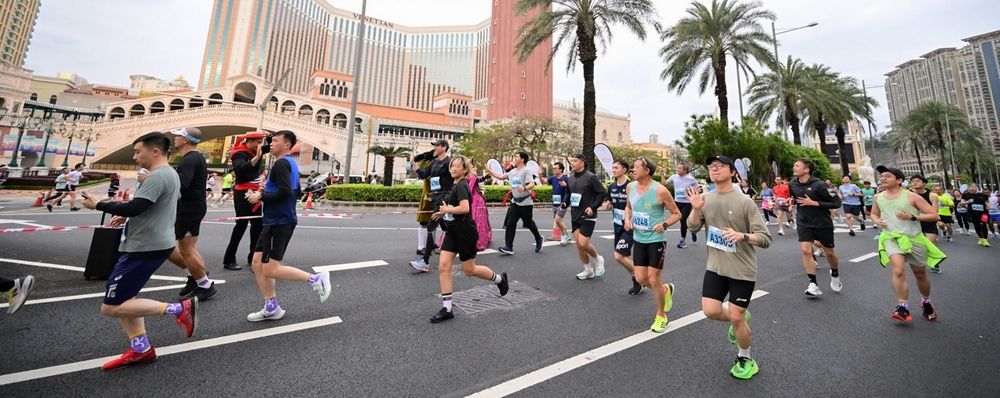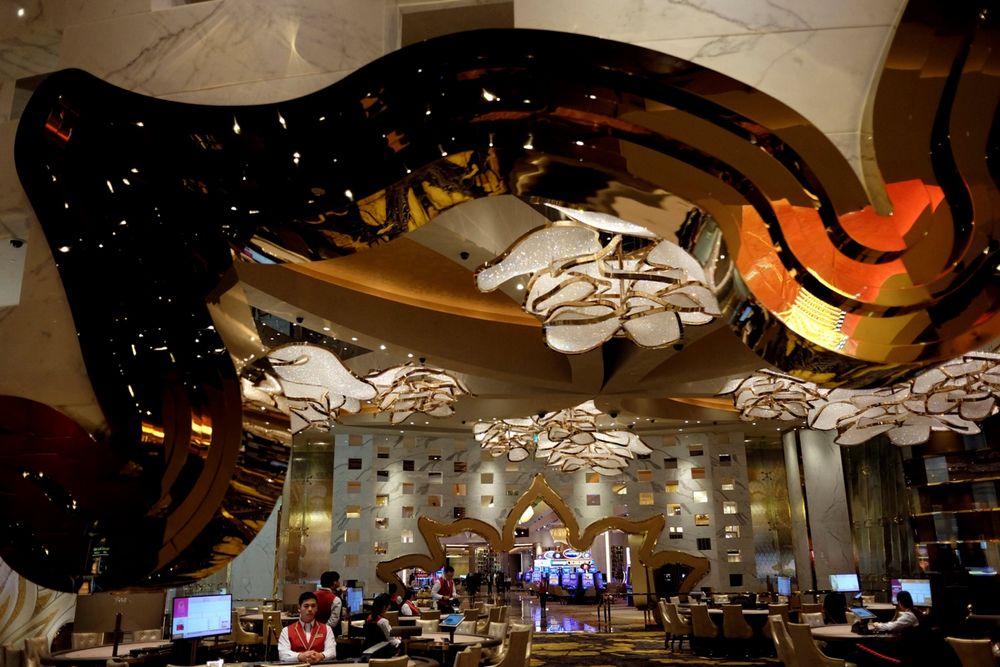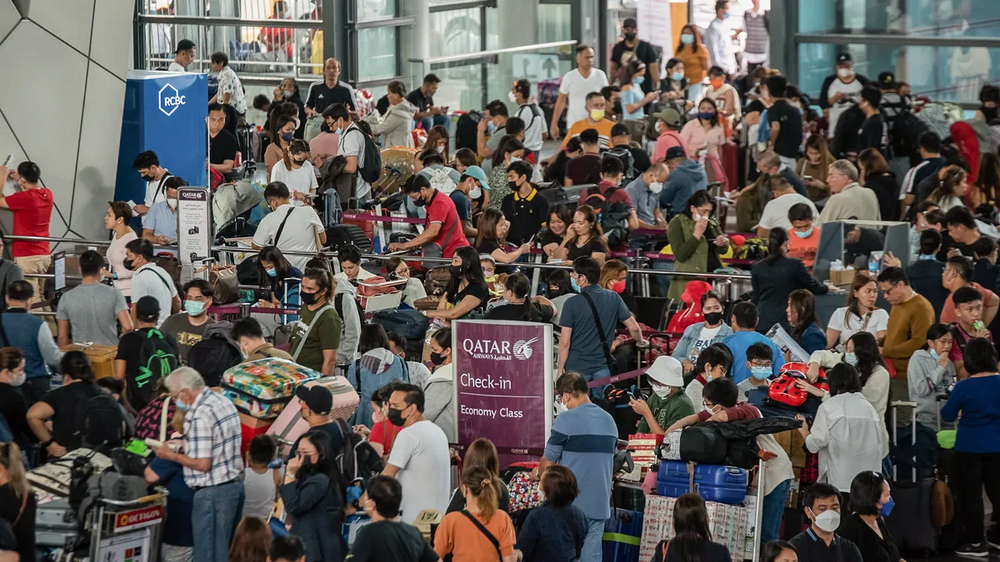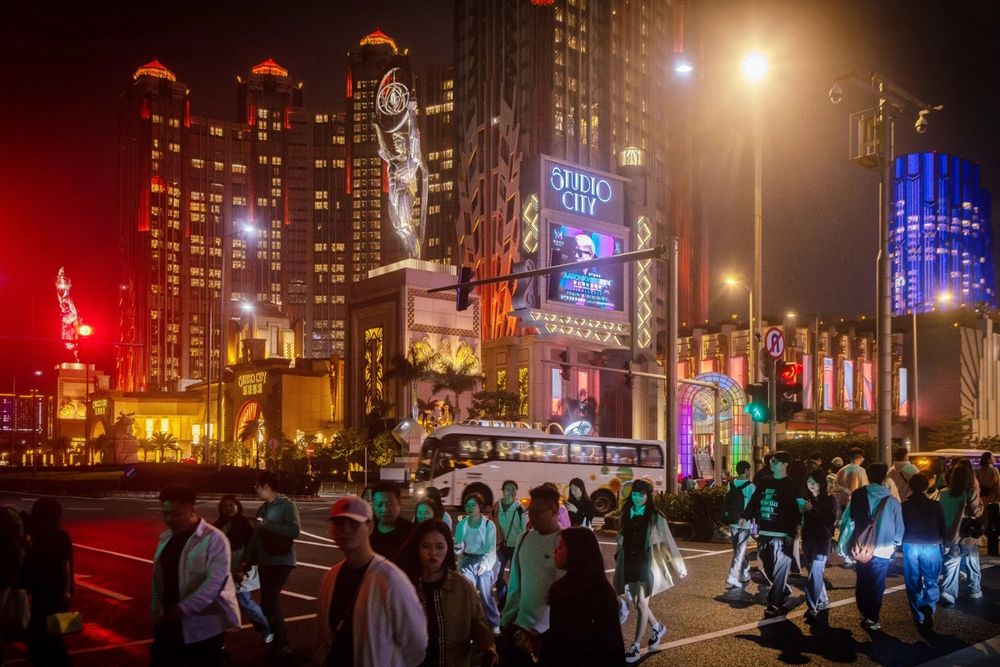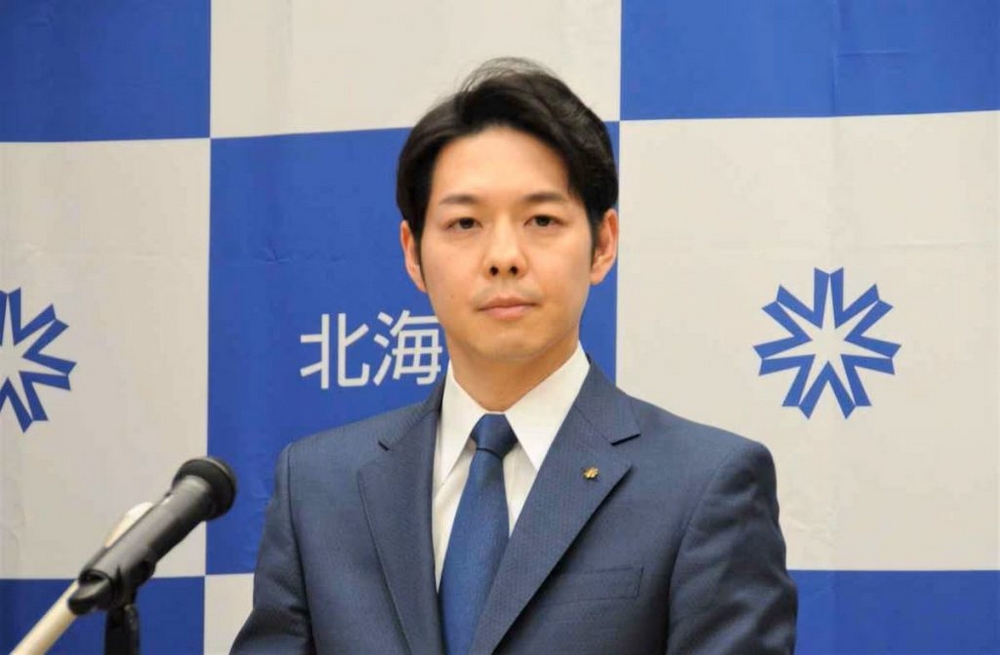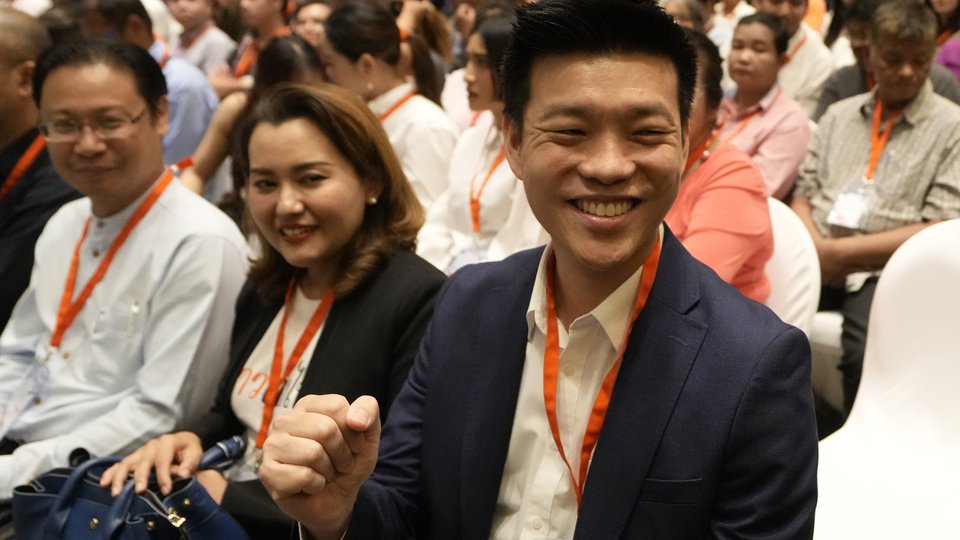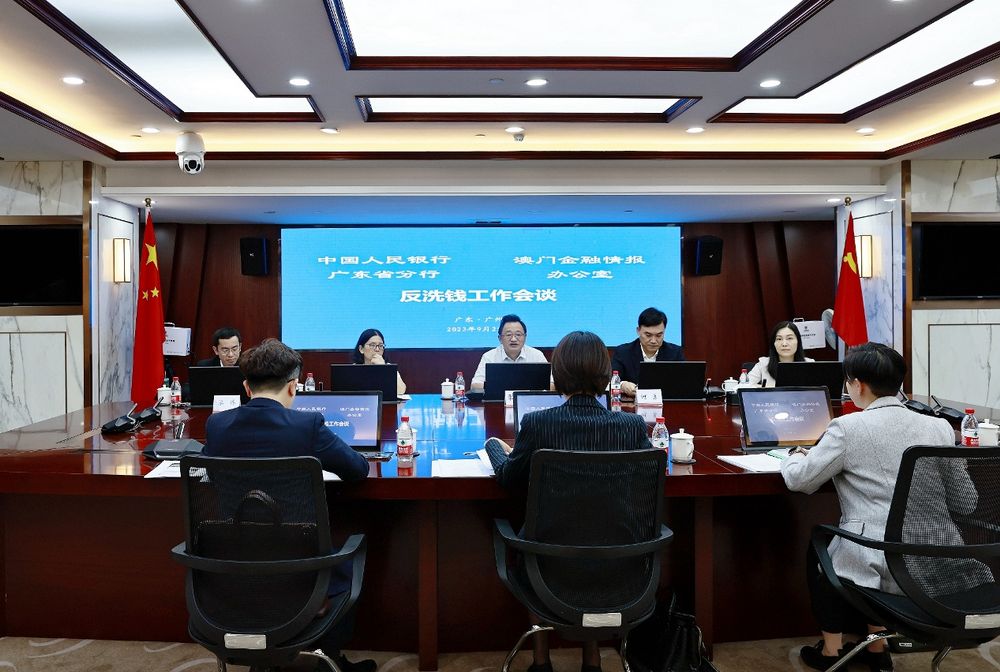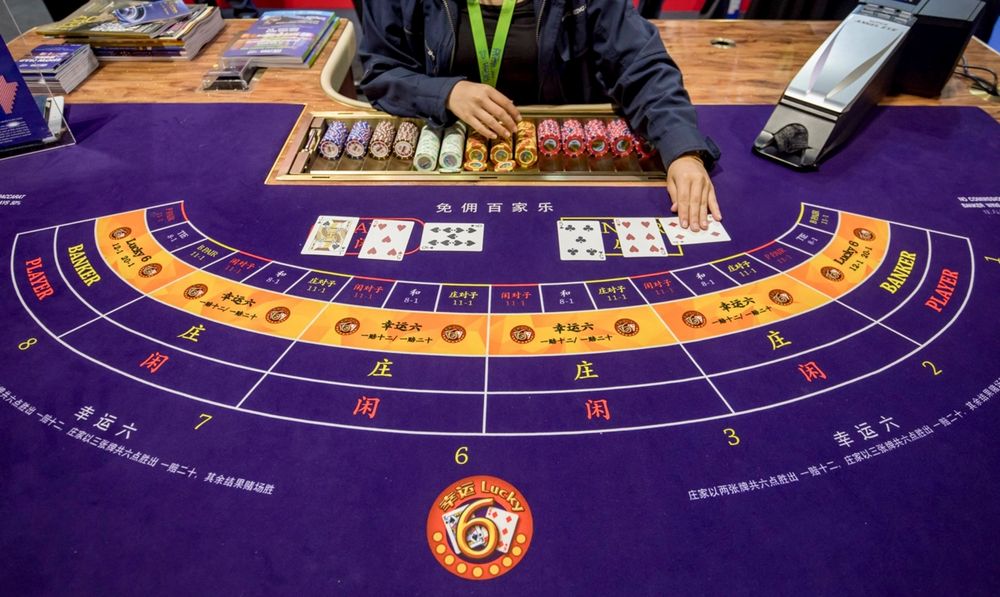Former junket operators once central to Macau’s VIP casino industry have increasingly shifted their operations to less regulated jurisdictions such as the Philippines, Cambodia, and Vietnam, according to a panel at the G2E Asia 2025 summit held this week.
Once a dominant force in the global gambling scene, Macau’s junket system has been dismantled by China’s tightening regulations, anti-corruption campaigns, and stricter financial oversight. As a result, industry insiders suggest that many junket-related businesses have either gone underground or reestablished themselves in markets with more lenient compliance frameworks.

“These destinations offer greater operational flexibility, but they also come with elevated risks of money laundering, weak enforcement, and regulatory blind spots,” noted one panelist. The movement of junkets into loosely controlled environments raises concerns over cross-border gambling networks and the difficulty of tracking high-roller activity across multiple jurisdictions.
“Macau’s Junket Tax Surge: What It Means for Asia’s Casino Industry”
The panel also emphasized that this migration creates “gray zones” where regulatory loopholes can be exploited, putting pressure on international financial watchdogs and local governments alike.
While jurisdictions like the Philippines and Cambodia have welcomed investment in their casino sectors, experts caution that without robust frameworks, they could become vulnerable to reputational harm and criminal infiltration. The trend also complicates broader efforts to ensure fair, transparent, and accountable gaming operations across Asia.
The evolution of junkets from regulated partners in Macau to potentially shadowy figures in emerging markets highlights the complex dynamics shaping the post-junket era in Asian gaming.











